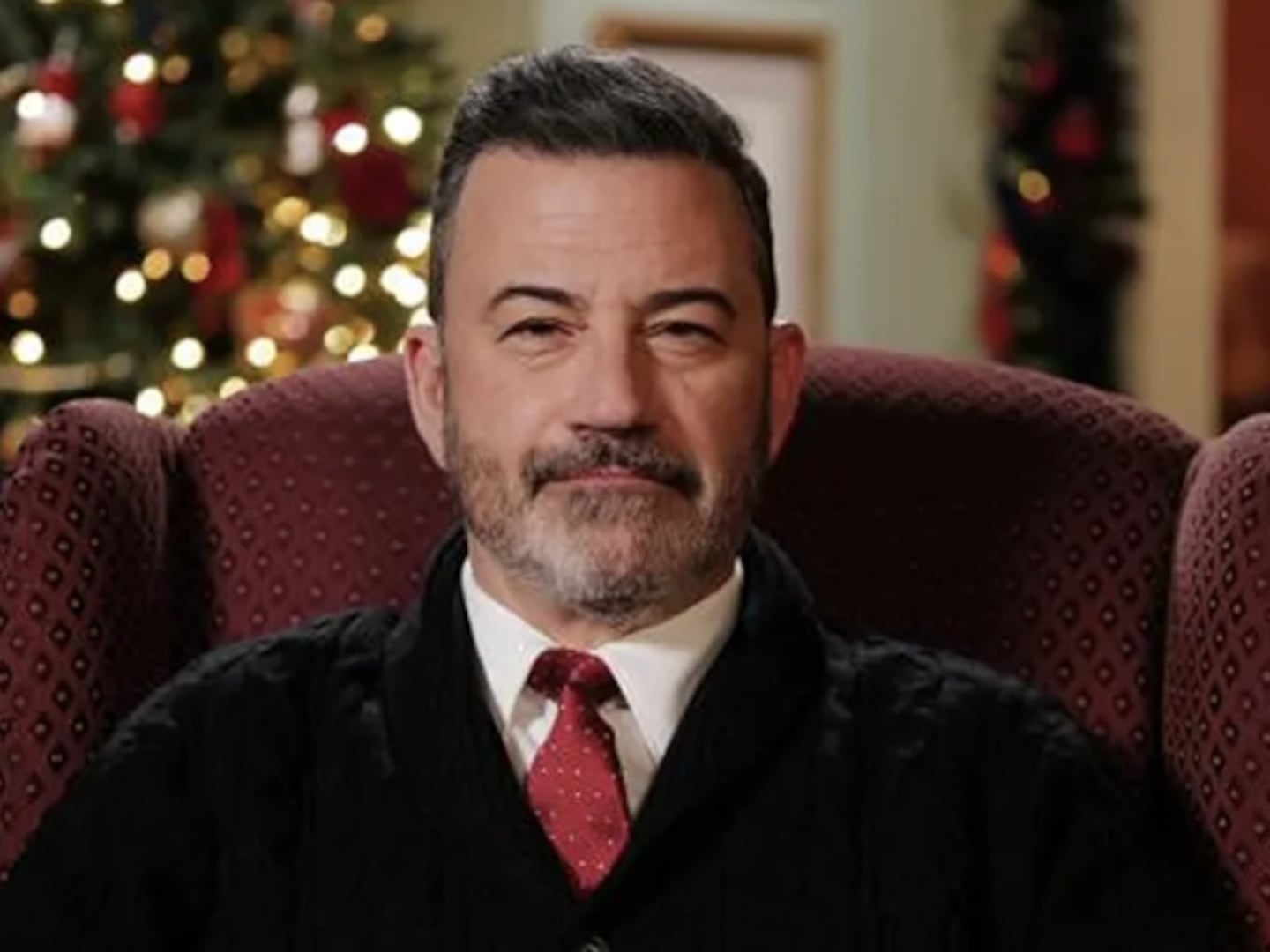The Terminal List features Chris Pratt going vengefully homicidal due, in part, to a serious mental condition in Amazon’s latest, which follows in the tradition of Jack Ryan and Jack Reacher by delivering gung-ho macho action-drama tailor-made for fortysomething Call of Duty players. Still, if this adaptation of Jack Carr’s novel mostly fits itself into a particular dad-entertainment streaming niche, it also, to a large extent, comes off as a wet dream for militia-minded anti-establishment kooks, replete with a Pratt performance as a Navy SEAL who responds to injustice by murdering the guilty with extreme prejudice.
Given its suggestion that slaughtering your powers-that-be enemies for a righteous revenge cause is totally OK and very cool, the morality of showrunner David DiGilio and executive producer/director Antoine Fuqua’s eight-part series (July 1) is, let’s say, lacking. There’s some serious danger to The Terminal List, courtesy of its excessive take on the military-conspiracy genre and its headliner’s turn as an impaired war hero running amok as a shoot-first, ask-questions-never vigilante. As recently confirmed by Jurassic World Dominion, Pratt’s stolid leading-man routine is usually his least interesting mode of operation; the actor’s best work (Parks and Rec, Guardians of the Galaxy) undercuts any pretenses of He-Man ruggedness with goofy, self-effacing humor. There’s none of that here, and yet the single-mindedness of his character, and the material, is so fanatical that it often tips over, sporadically warping an otherwise straightforward payback narrative into something dark and disturbing.
Set primarily in Coronado, California, but pandering to male red-state viewers with routine references to beer, guns, country music, and hunting, The Terminal List stars Pratt as James Reece, a decorated Navy SEAL who embarks on a mission in Syria to capture a chemical-weapons baddie that culminates with an ambush, resulting in the death of his entire squad. Reece returns stateside with a horrible concussion and an apparently faulty recollection of these catastrophic events and the subsequent suicide of a close platoonmate. He becomes immediately convinced that someone is altering the record in order to cover up something, the problem being that his migraines and incessant conflation of various memories (seen in swirling flashbacks) are so rampant that he can’t trust his own thoughts. Nonetheless, he decides that his recent undertaking was a trap orchestrated by nefarious forces who fed him bad intel and begins investigating what really happened with the aid of his close buddy, shaggy boozehound CIA spook Ben Edwards (Taylor Kitsch).
[Spoilers Follow]
The Terminal List’s early going concentrates on the question of whether Reece is losing his marbles or onto a covert scheme. The latter notion soon draws him to investigative reporter Katie Buranek (Constance Wu), who wants him to speak on the record about his men’s tragic demises. By the conclusion of its first installment, though, DiGilio’s series definitively reveals that Reece isn’t simply imagining things. During a routine MRI scan to check out his brain, Reece is assailed by two masked gunmen. He then goes home to find his wife Lauren (Riley Keough, in a painfully thankless role) and daughter Lucy (Arlo Mertz) assassinated in the kitchen. The sole conclusion one can draw from this is that someone is trying to eliminate Reece as a means of protecting a very important secret, and Reece consequently tries to clear his name in his family’s murders (since, as an unstable killing machine, he’s the obvious prime suspect) and searching for the perpetrators behind these attacks, leading to revelations concerning, among others, Navy bigwig Lorraine Hartley (Jeanne Tripplehorn) and corporate titan Steve Horn (Jai Courtney).
Hewing to a tired Tom Clancy-ish formula, The Terminal List generally feels like numerous generic potboilers targeted at men who dream of taking up furious arms against a system that preys upon both the innocent and the servicemen and women who risk their lives to protect it. Fuqua and the rest of the series’ directors shoot everything in darkness and blandly colorless hues, and the scripts are a compendium of clichés, all military jargon and rah-rah platitudes. The cloak-and-dagger aspects of this adventure are pedestrian by any standard, and the initial attempts to cast Reece as an unhinged vet who’s concocting conspiracies to soothe his addled conscience help distend a story that—as later becomes even more evident—could have been concisely handled in a two-hour movie.
The Terminal List wildly overstays its welcome and provides few moments of memorable excitement. Yet its one uniquely prickly element is Pratt’s Reece, a hardened warrior who has no qualms about fatally felling his enemies and goes about repeatedly proving that during every violent showdown. Reece’s methodical viciousness is so over-the-top and uncomplicated by considerations of right and wrong that the series serves as a celebration of whatever-it-takes brutality carried out by an individual who’s appointed himself judge, jury, and executioner. Pratt’s protagonist is a modern-day Rambo, and while that means there’s little suspense to the proceedings—we know Reece is correct about his suspicions, and that his enemies are villains who deserve their fates—his lack of inhibition makes him more than just a cardboard cut-out Navy SEAL, allowing Pratt to tap into a strain of bloodthirst that’s far removed from his typical good-guy shtick.
The Terminal List’s decision to posit Reece’s reign of terror as virtuous is ultimately its defining characteristic, affording a window onto a conservative-America mindset that views the government as inherently corrupt (and anti-soldier), and lone-wolf military men as the only figures capable of making the world a more honorable place. “I am justice,” pronounces Reece toward the end of his Modern Warfare-style rampage, and the lasting impression left by his odyssey is that it’s been crafted to appeal to a target demographic that relishes the idea of grabbing a machine gun, sniper rifle, and battle axe and overthrowing the crooked status quo and its shadowy, profiteering leaders. There’s no arguing that such a tack has been taken countless times before, but in our current domestic sociopolitical climate, one’s tolerance for such rebellious fantasies may vary.






